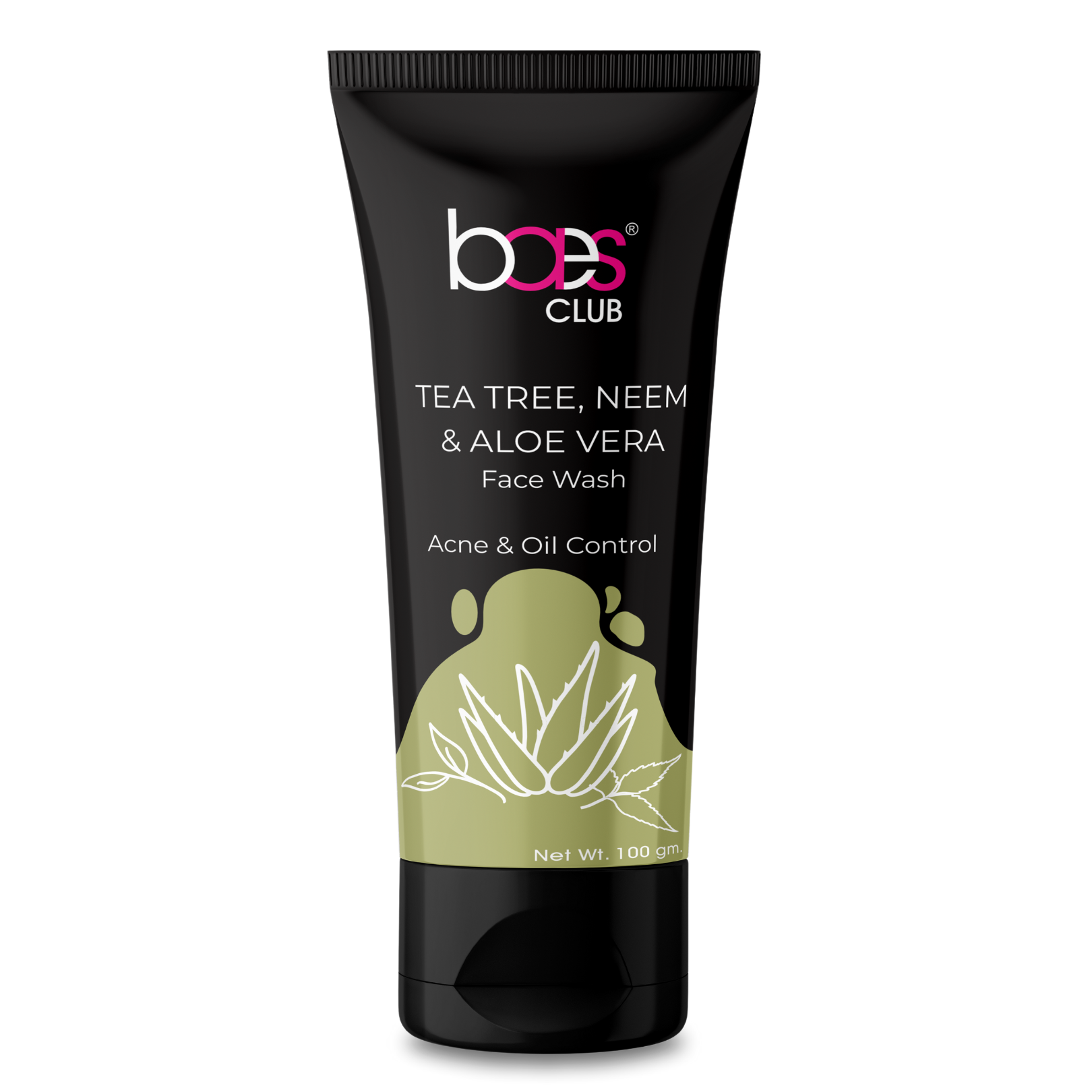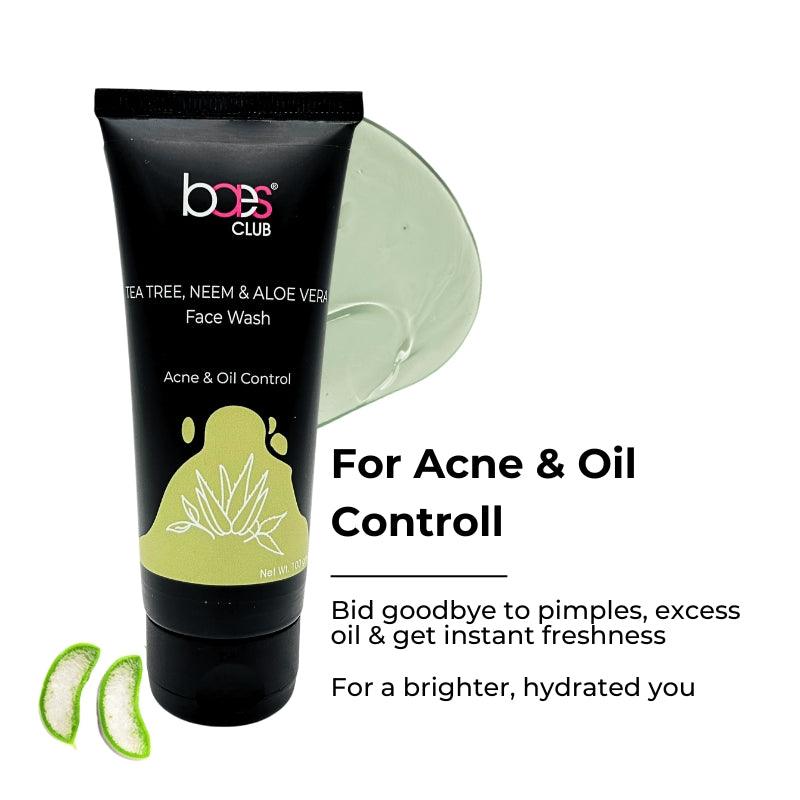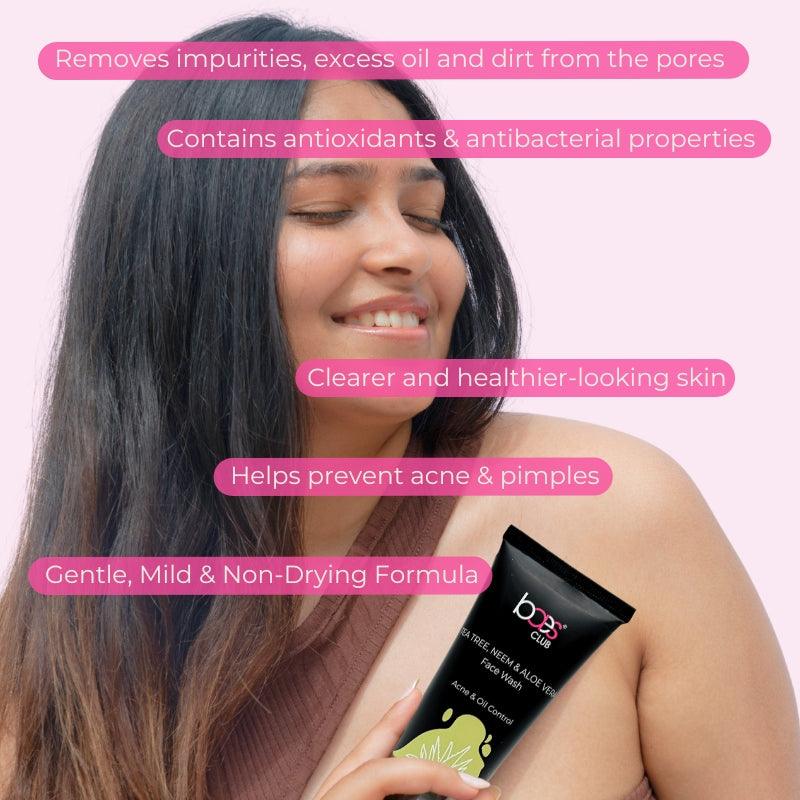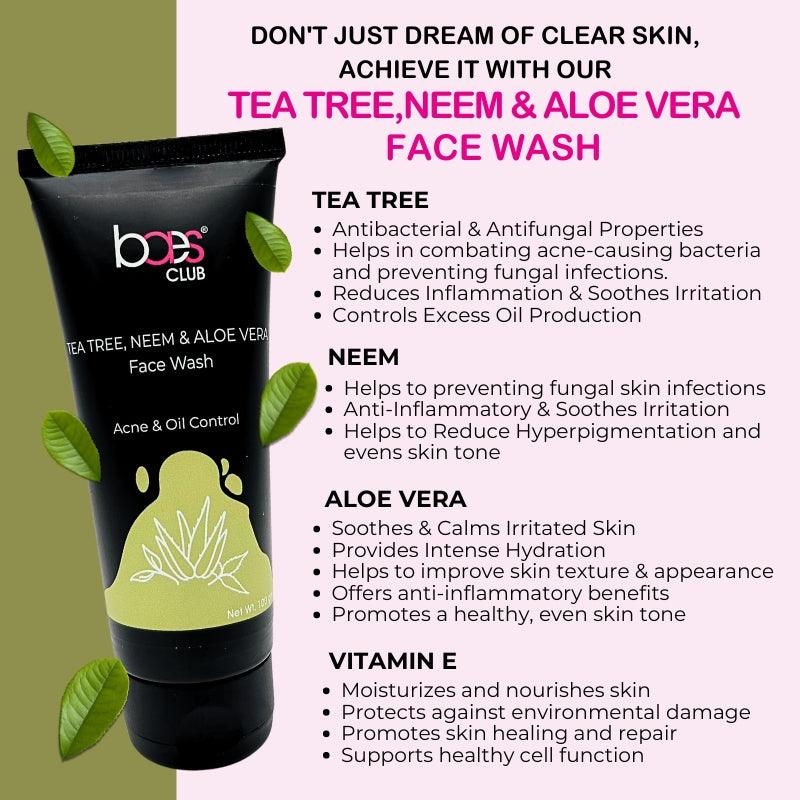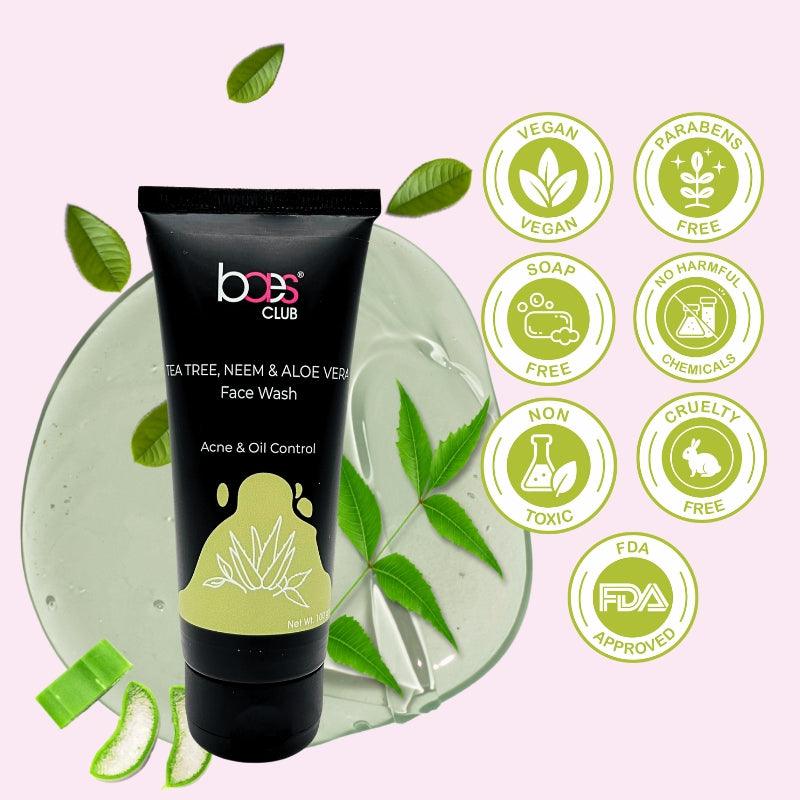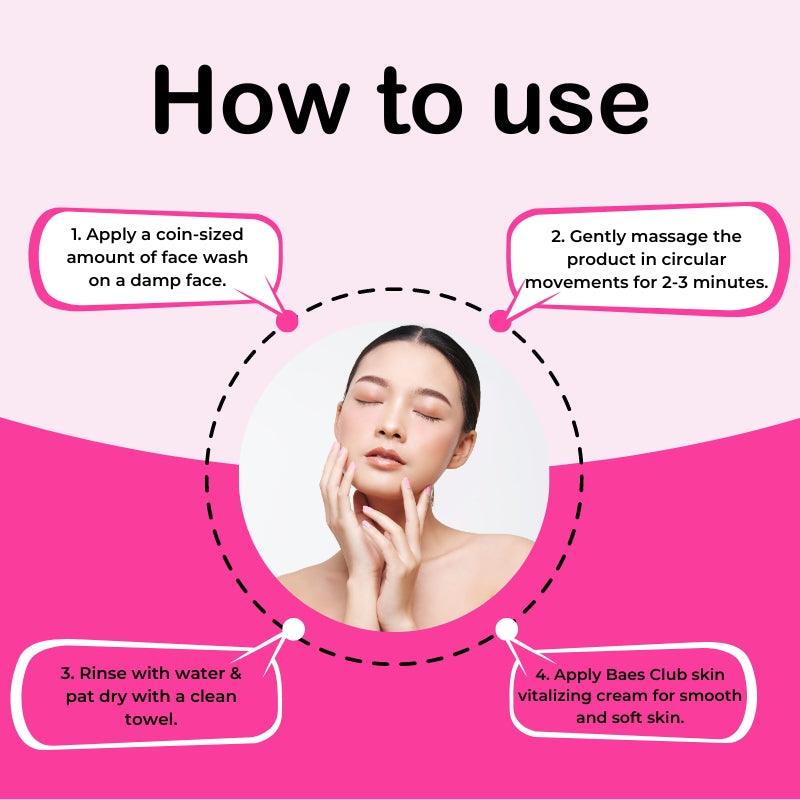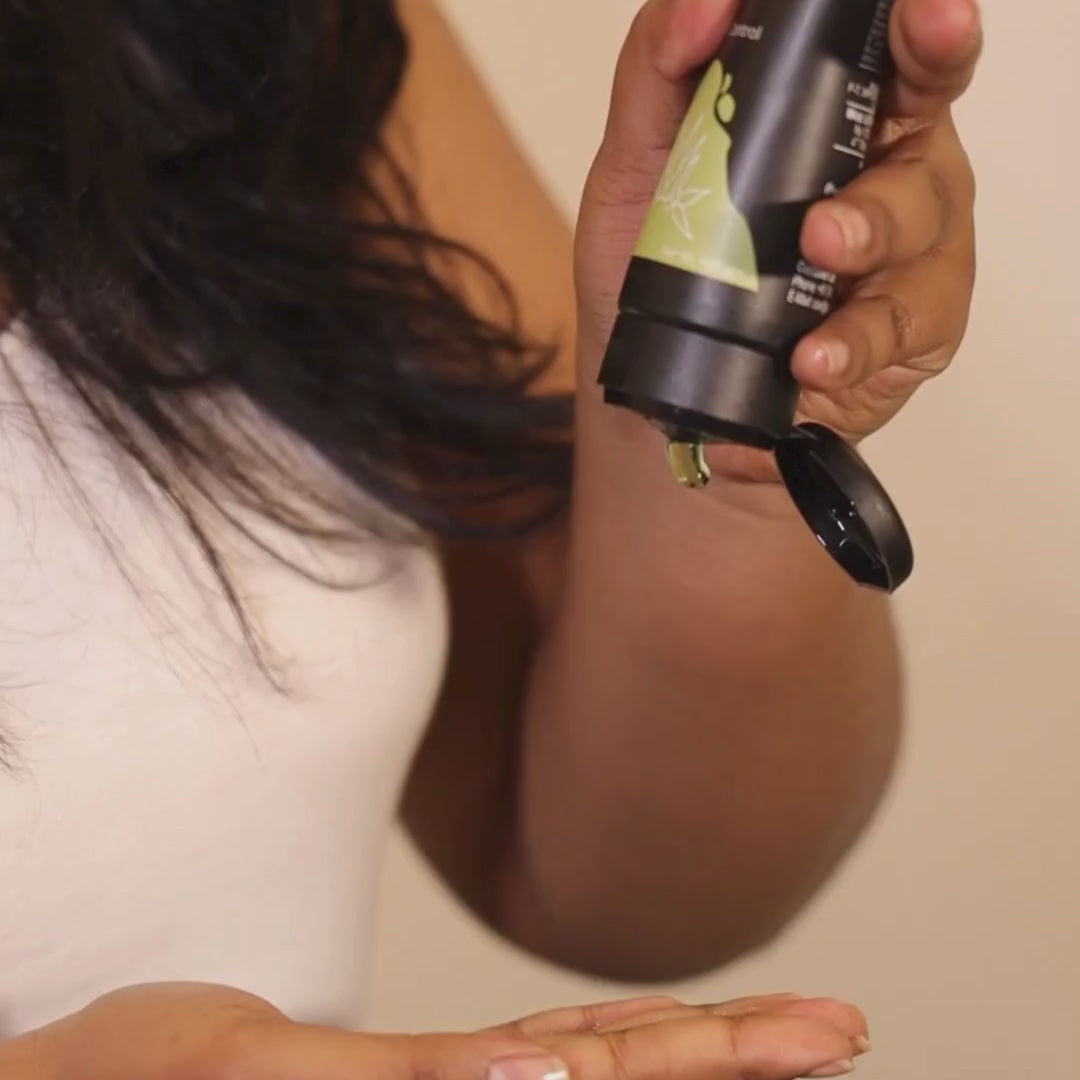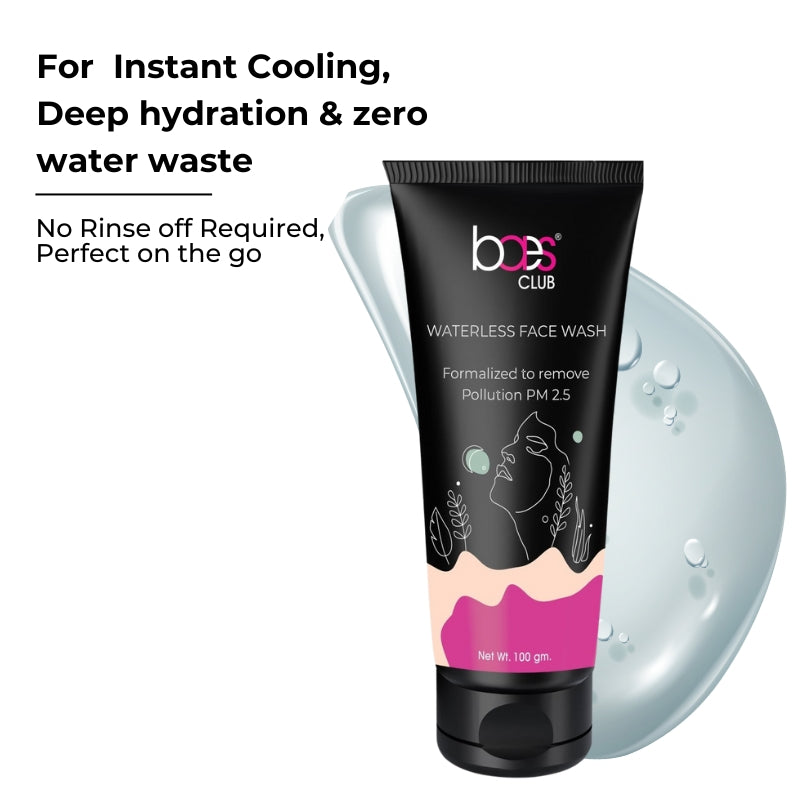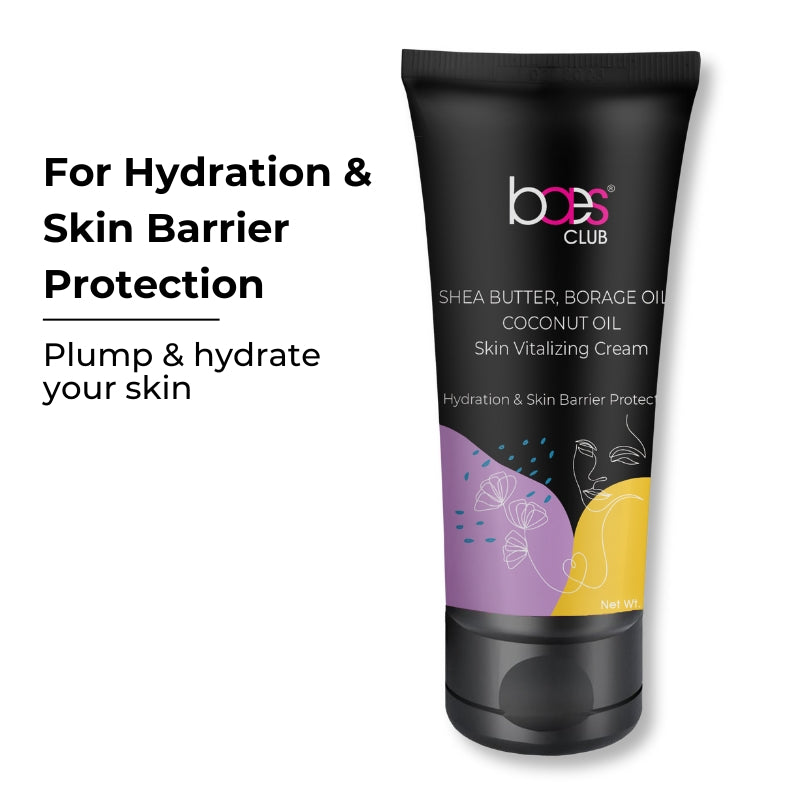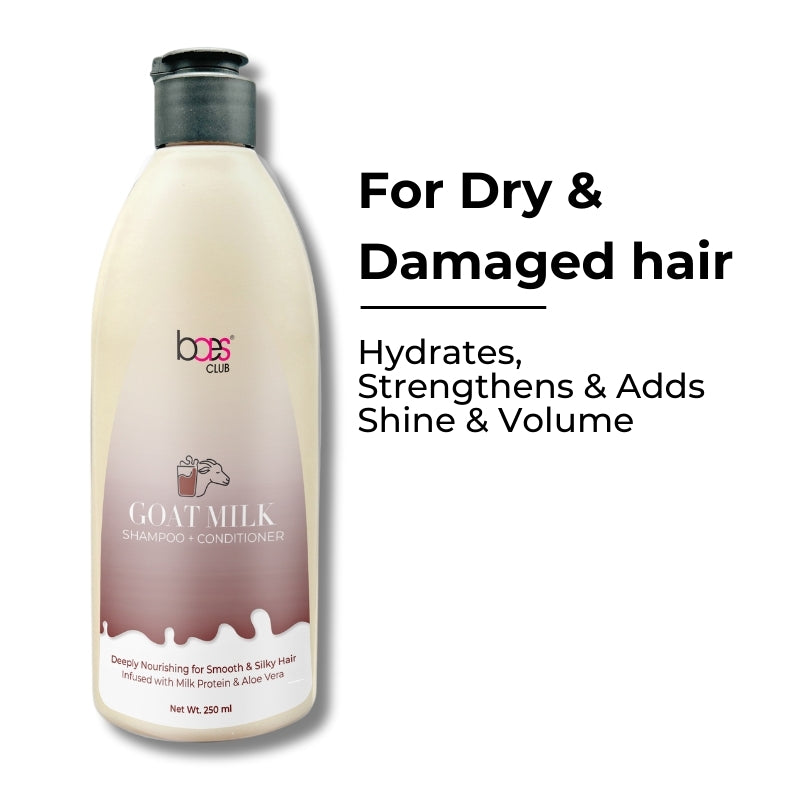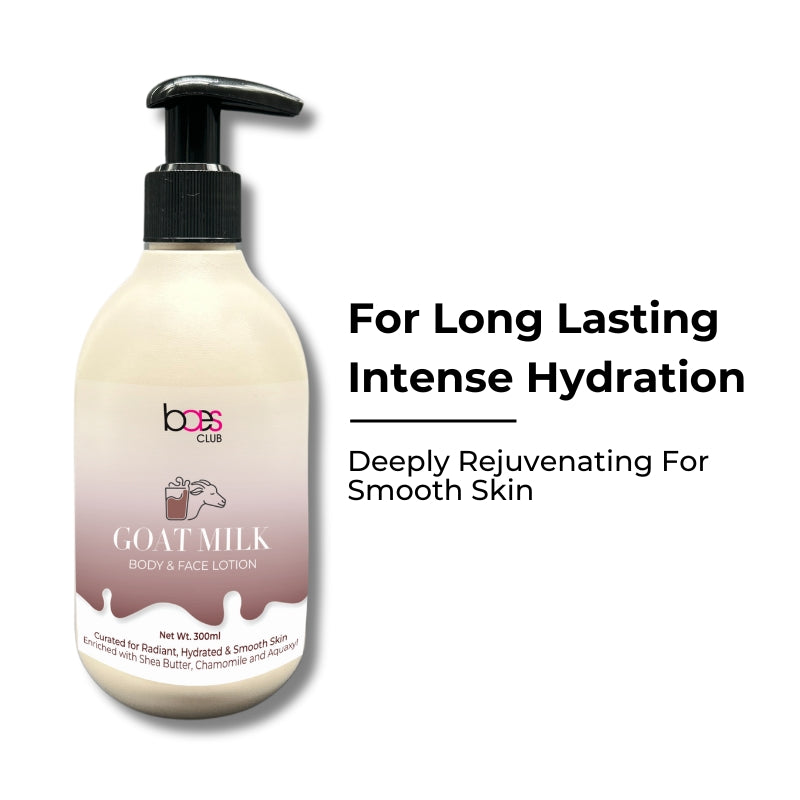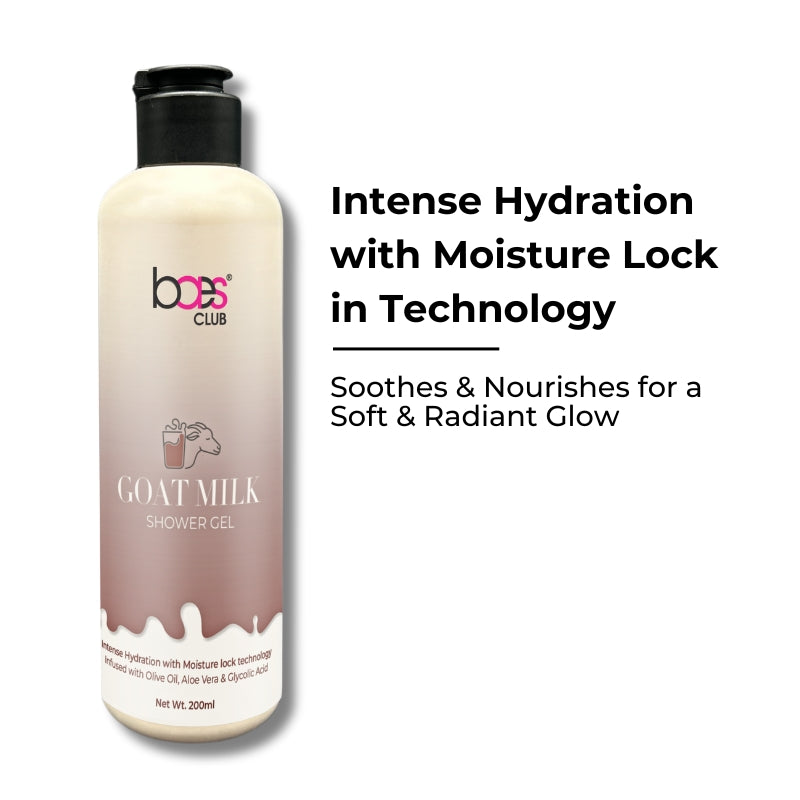Let’s all take a minute to admit the fact that there have been days when we haven’t always been happy about our skin or proud enough to walk around without makeup. People come in different shapes and sizes, and so do their skin. Along with different skin types come uninvited guests such as acne, pigmentation, tan, and many more. It is a sin to leave your skin untreated and worse to use makeup as a source to cover the imperfections. One always dreams of having a perfect love life and perfect skin, some might just choose the latter, but clear skin is a chalice that one yearns for.
The ingredients that formulate a skin care product can change the game for you and finding the right combination of ingredients that work well for your skin type can be a real task. It is a trial-and-error process.
Acne-prone skin & what Tea Tree Neem & Aloe Vera does
“50% of women in their 20s, 33% of women in their 30s, and 25% of women in their 40s suffer from acne”, says a source on the internet. We’ve all been there where we trust the healing powers of home remedies such as neem, turmeric, and a plethora of other ingredients. Our mom’s recipes do work most of the time, no doubt, but sometimes you need to look on the other side of the grass to know that there are much more efficient ways to get rid of those callous creatures.
Here are some key reasons why skin care is essential for acne-prone skin:
Acne Management: A consistent skincare routine can help control and manage acne by preventing clogged pores, reducing inflammation, and controlling oil production. It can also speed up the healing process for existing acne lesions.
Preventing Scarring: Acne can leave behind scars and blemishes. Effective skincare can minimize the risk of scarring by promoting the healing of acne lesions and preventing further damage.
Oil Control: Acne-prone skin often produces excess sebum, which can contribute to the development of acne. Proper skincare can help regulate oil production, reducing the likelihood of clogged pores and breakouts.
Balancing the Skin: Maintaining the skin’s natural balance is important. Harsh cleansers or excessive scrubbing can strip the skin of its natural oils, leading to irritation and potentially exacerbating acne. A good skincare routine for acne-prone skin should strike a balance between cleansing and moisturizing.
Reducing Inflammation: Many acne lesions are red and inflamed. Skincare products with anti-inflammatory ingredients, such as niacinamide or salicylic acid, can help calm inflammation and redness.
Preventing Bacterial Growth: Acne is often associated with the growth of acne-causing bacteria on the skin. Antibacterial and antimicrobial skincare products can help reduce bacterial colonization and infection.
Exfoliation: Exfoliating the skin regularly can help remove dead skin cells and prevent clogged pores. However, it’s important not to over-exfoliate, as this can irritate the skin and worsen acne. Gentle exfoliation with products containing ingredients like glycolic acid or salicylic acid can be beneficial.
Hydration: Even oily and acne-prone skin needs moisture. Proper hydration helps maintain the skin’s barrier function and prevents excessive dryness, which can trigger the skin to produce more oil.
How does tea tea help with acne and blemishes?
Tea tree oil, derived from the leaves of the tea tree (Melaleuca alternifolia), is a popular natural ingredient known for its potential benefits in treating acne and blemishes. Here’s how tea tree oil can help with acne and blemishes:
Antibacterial Properties: Tea tree oil possesses strong antibacterial properties. This makes it effective at killing the acne-causing bacteria. By reducing the population of these bacteria on the skin, tea tree oil can help prevent and treat acne breakouts.
Anti-Inflammatory Effects: Inflammation plays a significant role in the development of acne lesions. Tea tree oil has anti-inflammatory properties that can help reduce redness, swelling, and discomfort associated with acne. It soothes irritated skin and promotes the healing of acne lesions.
Unclogging Pores: Tea tree oil can penetrate the hair follicles and unclog the foregoing helping to prevent the formation of whiteheads and blackheads, two common types of acne lesions.
Oil Control: Tea tree oil can help regulate sebum (skin oil) production. Excess oil on the skin’s surface can contribute to clogged pores and acne development. By controlling oil production, tea tree oil can reduce the likelihood of acne breakouts.
Exfoliation: Tea tree oil can act as a mild exfoliant. It helps remove dead skin cells, which can accumulate on the skin’s surface and contribute to clogged pores. Regular exfoliation can prevent the formation of acne lesions.
Reduction of Blemishes: Tea tree oil is also known for its potential to fade blemishes and post-acne marks. Its anti-inflammatory and antimicrobial properties help improve the appearance of the skin by reducing redness and preventing further blemishes.
How does neem help in acne control?
Neem offers a wide range of potential advantages for skin health due to its various bioactive compounds. Here’s how neem helps in skin care:
Antibacterial and Antifungal Properties: Neem contains strong antibacterial and antifungal properties. This makes neem particularly effective in treating bacterial and fungal skin conditions, such as acne, athlete’s foot, and ringworm.
Anti-Inflammatory Effects: Neem has anti-inflammatory compounds that can help reduce redness, swelling, and irritation associated with various skin issues, including acne, eczema, and psoriasis. It soothes the skin and alleviates discomfort.
Antioxidant Action: Neem is rich in antioxidants like quercetin and beta-carotene. These antioxidants help protect the skin from oxidative stress caused by free radicals, which can lead to premature aging and skin damage. Neem’s antioxidants help maintain a youthful and healthy complexion.
Moisturizing and Hydrating: Neem oil and neem-based products can provide moisture to dry and flaky skin. Neem oil acts as an emollient, helping to lock in moisture and prevent water loss from the skin. This is particularly useful for individuals with dry or dehydrated skin.
Wound Healing: Neem promotes wound healing by increasing collagen production, which is essential for repairing damaged skin. Its antiseptic properties also help prevent infection in cuts, burns, and minor wounds.
Skin Disorders: Neem is beneficial in managing various skin disorders, including psoriasis, eczema, and dermatitis, due to its anti-inflammatory and soothing properties. It can help alleviate itching and discomfort associated with these conditions.
Acne Control: Neem is often used as a natural remedy for acne due to its antibacterial and anti-inflammatory properties. It can help control acne breakouts, reduce inflammation, and prevent the formation of new pimples.
Cleansing and Exfoliation: Neem leaves and neem-based scrubs can be used for gentle exfoliation. This helps remove dead skin cells, unclog pores, and prevent the buildup of impurities on the skin’s surface.
Anti-Aging Benefits: Regular use of neem-based skincare products can help reduce the appearance of fine lines and wrinkles, as neem’s antioxidants protect the skin from premature aging.
How does Aloe Vera help in smoothening your skin?
Hydration: Aloe vera gel is rich in water content, which helps hydrate the skin. Proper skin hydration is essential for maintaining a smooth and supple complexion. Aloe vera’s moisturizing properties can help prevent dryness and flakiness, leaving the skin feeling soft and smooth.
Soothing and Cooling: Aloe vera has a natural cooling effect on the skin. It can provide immediate relief from skin irritations, redness, and inflammation. This soothing quality helps calm irritated skin and contributes to a smoother complexion.
Reduces Inflammation: Aloe vera contains anti-inflammatory compounds, such as acemannan, that can help reduce inflammation in the skin. Inflammation is a common cause of skin issues like redness, puffiness, and rough texture. By minimizing inflammation, aloe vera can promote smoother skin.
Healing Properties: Aloe vera is known for its ability to accelerate the healing of wounds and minor skin injuries. It contains compounds like polysaccharides and glycoproteins that stimulate skin cell regeneration. This can help heal small cuts, burns, and abrasions more quickly, reducing the likelihood of scarring and promoting smoother skin.
Exfoliation: Aloe vera contains enzymes that can gently exfoliate the skin. These enzymes help remove dead skin cells, which can make the skin look dull and rough. Regular exfoliation with aloe vera can reveal smoother and brighter skin.
Reduces Blemishes: Aloe vera has been found to be effective in reducing the appearance of blemishes, such as acne scars and dark spots. Its skin-lightening properties can help fade hyperpigmentation, leading to a more even-toned and smoother complexion.
Moisture Lock: Aloe vera can help create a protective barrier on the skin’s surface, locking in moisture. This prevents the loss of hydration and maintains a smoother and healthier skin texture.
Conclusion
Wanting a magical skin texture is on top of our wishlist, and the only way to bag the cart is to follow a strict skincare routine every day and night. Baes Club offers you the best of all skin care products with a unique combination of ingredients that allow you to save time and money. Pocket-friendly products with great benefits are what we stand for. Check out our tea tree, neem & aloe vera face wash and the amazing benefits that will leave your skin flawless.
Q&A / FAQs
- What is tea tree and neem face wash used for?
Ans. Tea tree, neem and aloe vera face wash is used to improve the texture of your skin. It also helps to prevent acne and blemishes. Due to its anti-inflammatory properties, this face wash has amazing healing abilities. get clear and acne free skin with Baes Club’s Tea tree, neem and aloe vera gel face wash.
- 2. Is tea tree and neem good for acne?
Ans. Yes, absolutely. Tea tree and neem have natural antibacterial and anti-inflammatory properties, which can help reduce the growth of acne-causing bacteria and alleviate redness and swelling associated with acne.
- Can I use tea tree face wash everyday?
Ans. Of course! Baes Club’s Tea tree, neem and aloe vera face wash is suited for all skin types and has to be used everyday in order to notice satisfied results.
- Can I use neem face wash daily?
Ans. Of course!! Club’s Tea tree, neem and aloe vera gel face wash is suited for all skin types and has to be used everyday in order to notice satisfied results.
- Which Facewash is best for glowing skin?
Ans. Baes Club’s papaya, turmeric and saffron gel face wash is most suited for glowing skin. It can be used everyday and is formulated for all skin types.
- Which Facewash is best for pimples?
Ans. Baes Club’s Tea tree, neem and aloe vera gel face wash is suited to treat acne types. This face wash is ideal for oily skin that helps control excess oil and promote smooth/clear skin.









